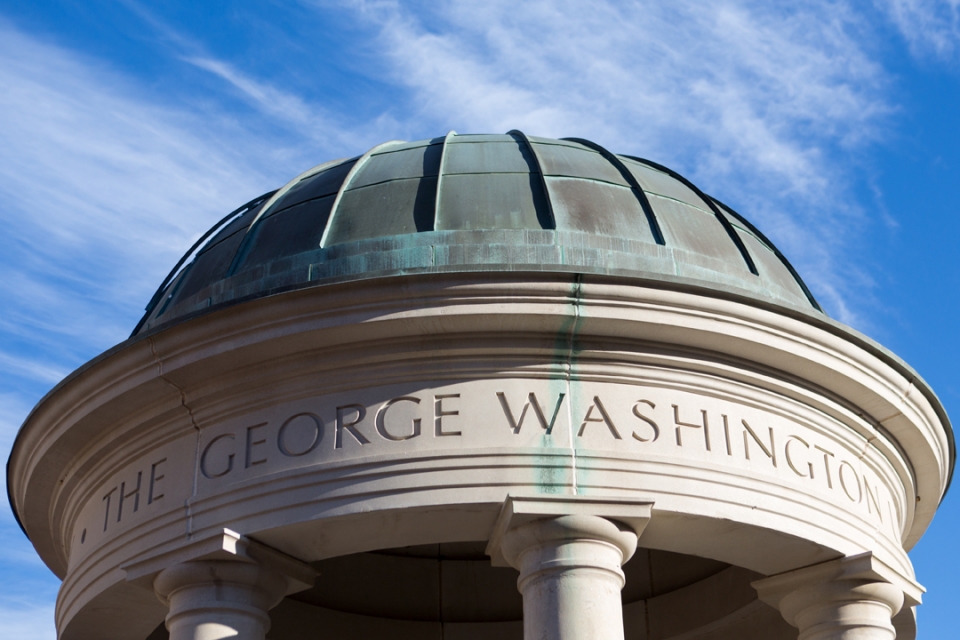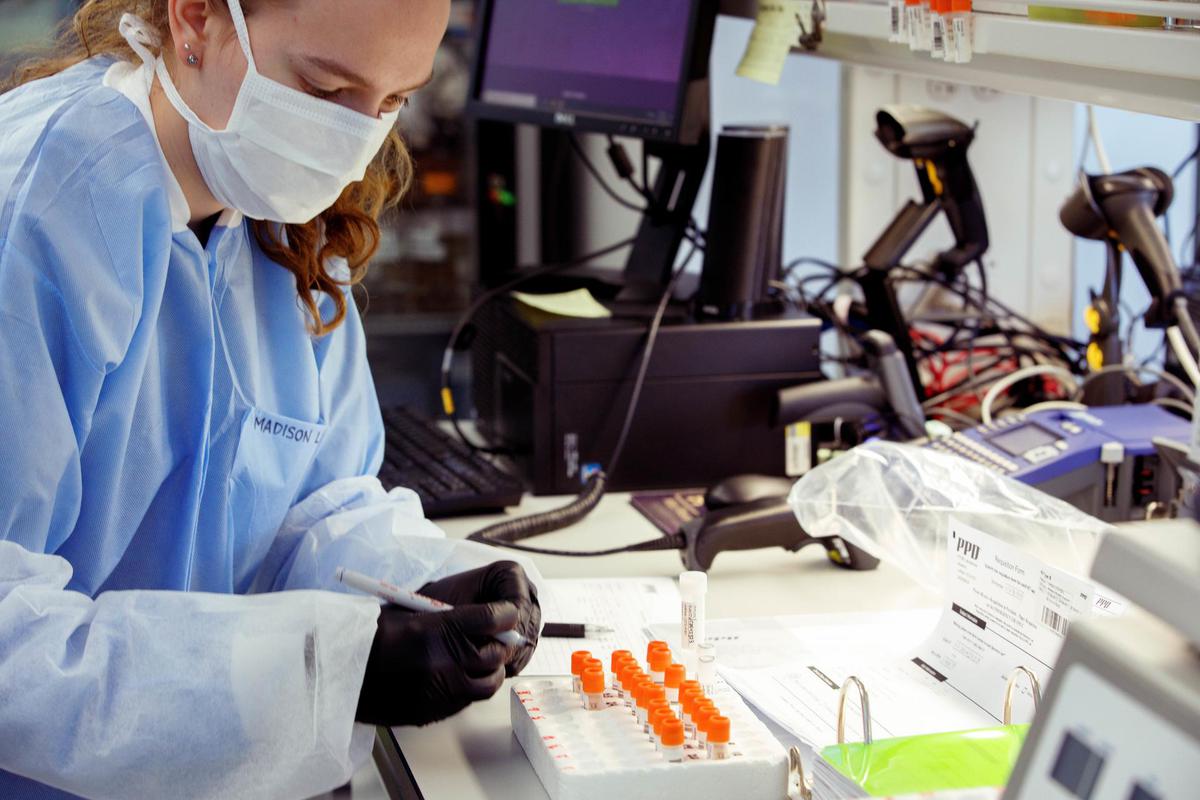By Kristen Mitchell
An interdisciplinary team of George Washington University researchers was awarded a $1 million grant to explore a new hypothesis on cellular memory that could change our understanding of how cells recall and adapt to stress events, infections and injuries.
Cellular memory is what allows the body to learn from past experiences, for example, enabling the immune system to remember a virus and fight it more quickly and effectively the second time a person becomes sick. It also helps plants survive multiple drought seasons or repeated heatwaves.
Researchers will examine memory T cells and skin epithelial stem cells using cutting-edge genomic tools to test a new hypothesis that could challenge a long-held belief about the mechanisms behind cellular memory, potentially paving the way to improved therapies for cancer and skin diseases, among other health concerns.
“From the evolutionary point of view, this self-educating ability based on past experience provides a survival advantage,” said Rong Li, a principal investigator on the project and professor and chair of the School of Medicine and Health Sciences Department of Biochemistry and Molecular Medicine. “That phenomenon itself has been well documented in different systems, but the underlying mechanism, how cells really know how to store that kind of record of past experiences, is still not completely understood.”
Dr. Li will work closely with fellow principal investigators Brett Shook, assistant professor of biochemistry and molecular medicine, and Yanfen Hu, professor of anatomy and cell biology. The GW team is collaborating with researchers at the University of Texas Health Science Center and Virginia Tech.
This competitive three-year award comes from the W.M. Keck Foundation, which supports innovative, high-impact research projects that push the boundaries of our current understanding in the fields of medicine, engineering and science. The W. M. Keck Foundation was established in 1954 in Los Angeles by William Myron Keck, founder of The Superior Oil Company. One of the nation’s largest philanthropic organizations, the W. M. Keck Foundation supports outstanding science, engineering and medical research. The Foundation also supports undergraduate education and maintains a program within Southern California to support arts and culture, education, health and community service projects.
The vast majority of the research on cellular memory is based on the structure in which genetic material is packaged in each individual cell, called the chromatin structure. The prevailing paradigm in the field suggests that after an initial assault on the body, the first attack from a pathogen or the first drought for a plant, certain marks are left behind on that chromatin structure, leaving a record of what genes were activated in response to the attack. When a second wave of attack comes, that same set of genes will be activated more rapidly in response.
The GW research team suggests the cellular machinery that produces RNA and is critical in activating genes during the first round of response also plays a role in memorizing the previous experience. If their hypothesis is successful, future research on understanding cellular memory and how to intervene in the process could be “quite different,” Dr. Li said.
A better understanding of cellular memory could translate to a deeper understanding of why some cells in the body have a compromised ability to fight attacks such as cancer. If they understand the mechanism, scientists could develop interventions that would boost the second round of response and enhance cellular memory capability.
Dr. Shook, who studies skin inflammation and the way our cells communicate with each other, said cellular memory helps the skin recover quickly from physical injury, infection and possibly even sunburn. Enhancing this mechanism could help people who face challenges healing after injury, such as older individuals and those with diabetes.
On the other end of the spectrum, Dr. Shook is also interested in understanding how to slow immune responses for patients with chronic skin diseases such as psoriasis and eczema. These patients often experience repeated flare-ups on the same part of the body, which can lead to scarring. There are also links between excessive inflammation and cancer.
“Too much inflammation can be a really bad thing, and for certain chronic diseases, we can try to exploit this mechanism and dampen the accelerated or rapid immune response,” he said.
The mechanism that supports cellular memory could have a broader and more widespread impact on how cell memory is encoded in different cells of the body and in different organisms, Dr. Shook said. This project is a launching point to look at cellular memory beyond immune cells.




